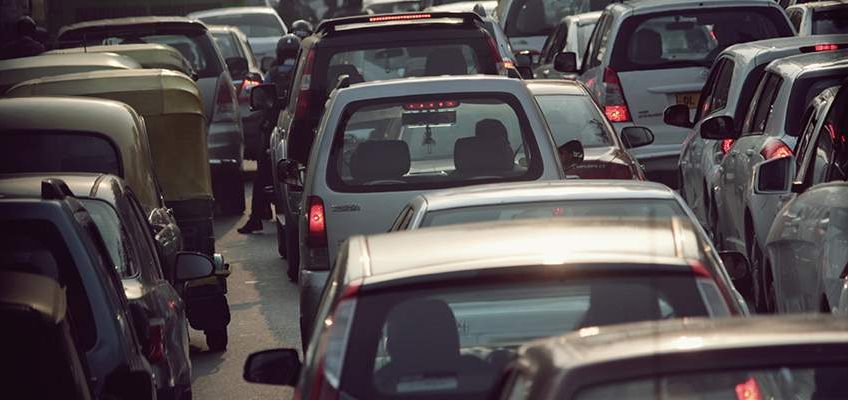Let us first look at some facts.
FACT: Chennai received more rain in three days than it usually does in three weeks.
FACT: Many of Chennai's lakes have been reclaimed to build colonies on them over the years.
FACT: Chennai is a coastal city and as water finds it own level, there is pretty much no place for excess water to go.
FACT: About 100 people died in flood related incidents.
FACT: With stagnant water there is an imminent risk of epidemics.
FACT: Successive Governments have done little to anticipate flood problems.
FACT: Being proactive after the fact provides excellent media coverage and topics for discussion.
FACT: We as common citizens do not care about our personal health, hygiene and safety.
Panel discussions on television and editorials in the print media don't lose an opportunity to pit politicians of different hues against each other, with some social activists thrown in for good measure. With all the blame game being played around, it makes for entertaining television. And we know that entertainment today masquerades as news.
But we are missing the wood for the trees here. What happened in Chennai has a lot of reasons and probably all the points being made by various parties in the discussions have some merit. Sure, the drainage system needs to be improved. Of course, the city is bursting at its seams. River desilting needs to be made a priority. Unauthorised colonies need to be demolished before they come up. All these things are a reality and need to be addressed with increased urgency.
But the point here is from a slightly different perspective. Let us turn the monkey on its head for a moment. Almost the entire city faced the brunt of the rainfall and the citizens turned into victims of a phenomenon collaborated between an Act of God and apathy of successive administrations. Personally, I do not like to call the citizens 'victims', since in my mind, they could have done much to prevent becoming unfortunate victims if only they did something preemptively. During the hours following the deluge, more than ten lakh food packets were distributed by the Army and Air Force and NDRF to the stranded victims.
WHY was this necessary?
Is the possibility of a flood in the city so remote that we do not need to prepare for it? Surely everyone were aware of the possibility of a flood brought on by excessive rain. Or a tsunami. Or a tidal wave. Or a cyclone. If ten lakh food packets were distributed, I am assuming that it was meant to provide meals to at least ten lakh individuals. The problem subsided after a couple of days and distribution of food packets stopped.
Why couldn't each of these individuals, which I suspect translates to roughly three lakh families, not stock up enough dry rations and drinking water to last them three days at least? It does not take much. Some rice, some pulses, some cereals, some sun dried potatos, tomatoes, pickles, beans, etc would have meant that they would not need to depend on air dropping of food by the rescue parties. Which in turn would mean that the resources dedicated to distribution of food could have been better utilised elsewhere where the urgency was more.
Ok, I hear people say that what good would storage have been if the house itself went under water. Am I to understand that these people did nothing to save their precious belongings when they saw the water levels rising and entering their homes? Did they move their clothes, their television sets, their documents, their computers to a level above where the water was? If that is the case, they could very easily have saved their rations and water too.
Some people had to bug out of their homes and find shelter in friends' places. Again, they could have carried their rations with them, thus not becoming a burden on the people who opened their doors to them.
In times of calamities, the first things to shut down are shops. One cannot walk into the neighbourhood store and pick up food because (a) they are shut, and (b) the shops too are facing the same problems. The trick is to prepare beforehand and be ready to face an eventuality like the deluge in Chennai.
When things go South, life turns upside down very quickly. The prepared will survive while the rest will understand the reality of the phrase that all of us are living just nine meals away from anarchy.
Let us learn from this recent disaster that hit Chennai. It has happened before and it will happen again. We might not wish it to happen, but that will not change what is a reality. The only thing that we can do is to accept the possibility and prepare for it and stock up for it.
The flood has receded and the rain has stopped. But the aftermath of the tragedy will live on for weeks, maybe months. The moot question is how will individuals fare once the media glare has died and the administration has moved on to other priorities.










Leave a Reply
You must be logged in to post a comment.